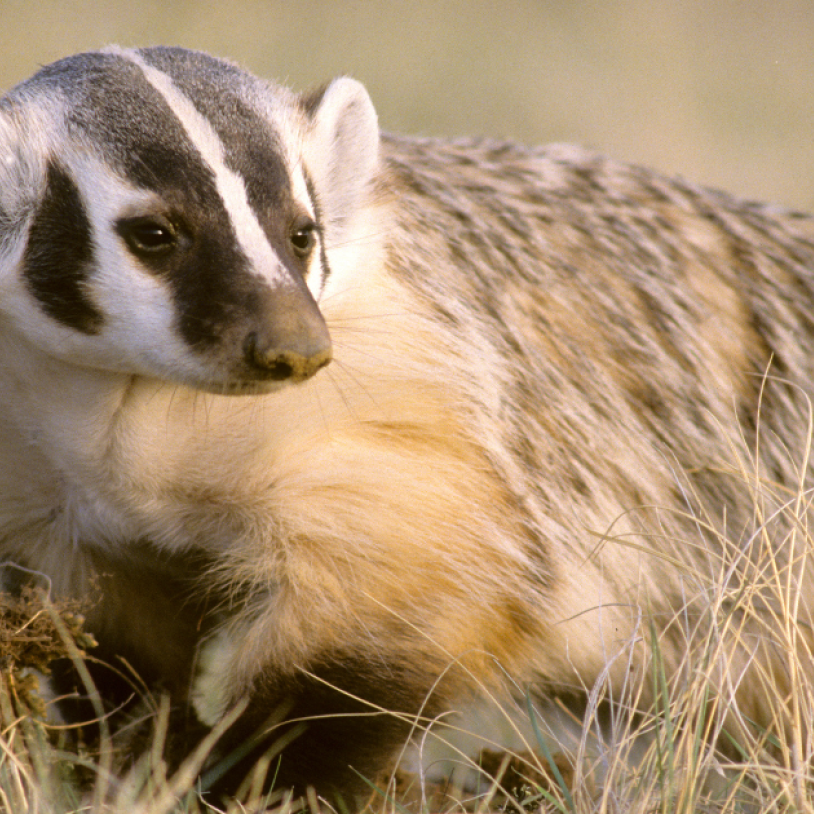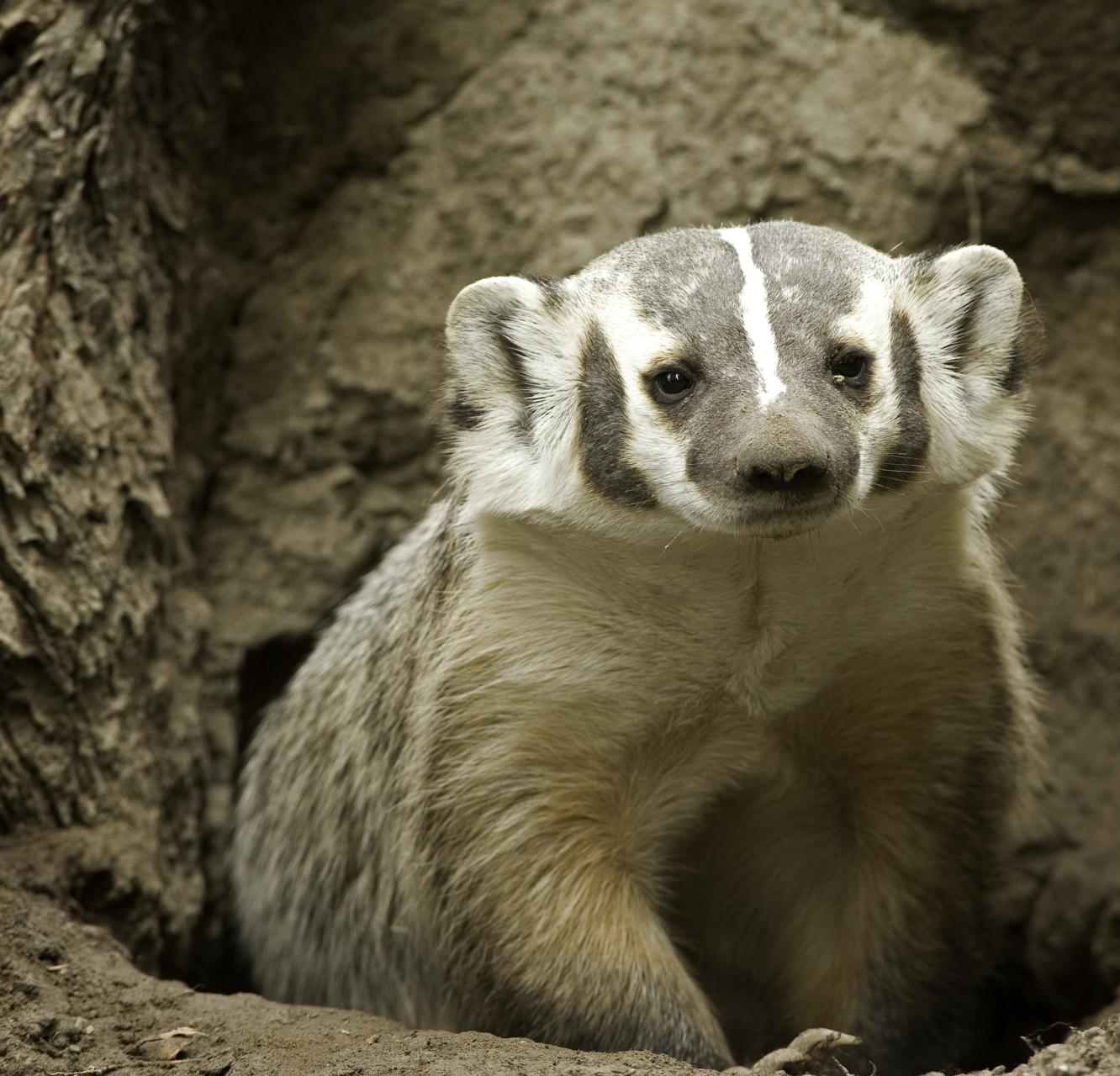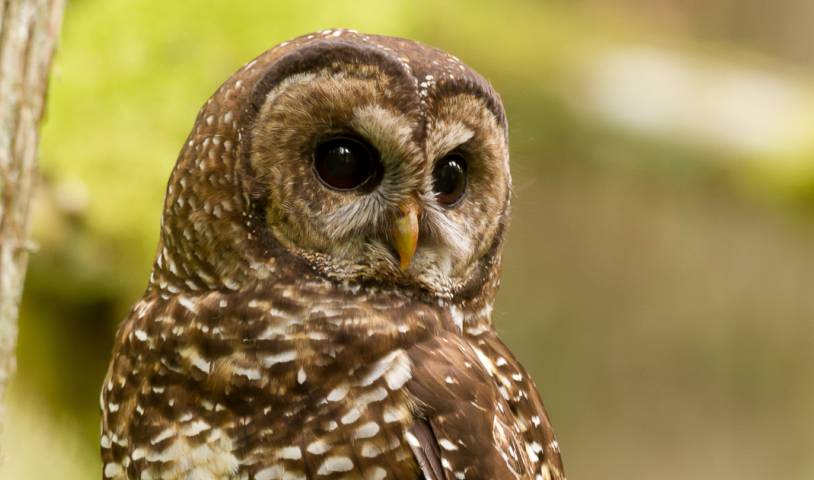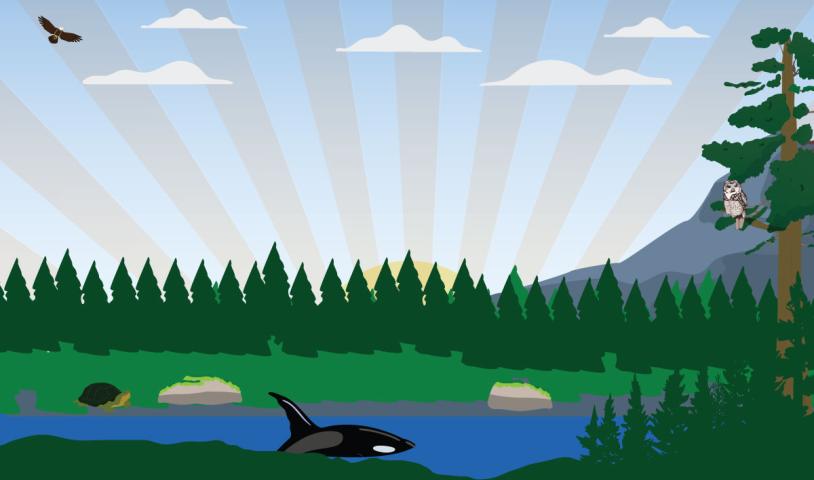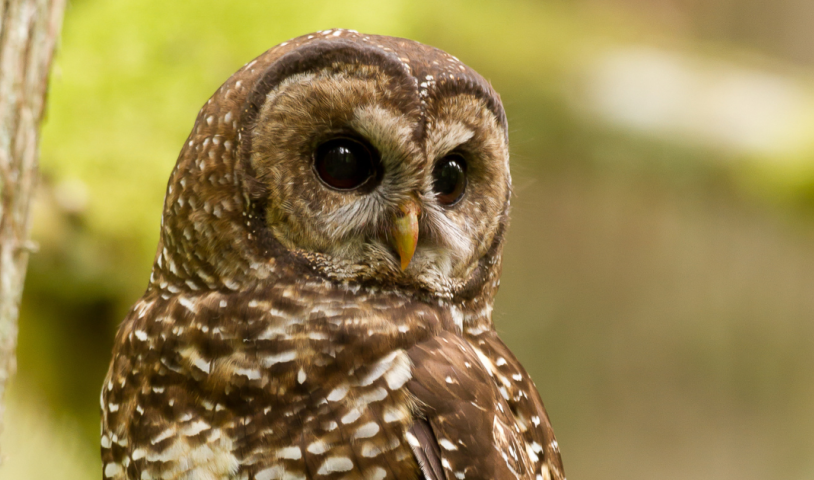B.C.'s spotted owl near extinction
Wednesday, May 20, 2009Province urged to fund five-year plan to capture and breed birds in captivity
Endangered spotted owls in British Columbia have fallen to such critically low levels that the provincial government has been advised to capture all the remaining birds in "a triage approach to conservation," so that a zoo-based breeding program can be started.
Endangered spotted owls in British Columbia have fallen to such critically low levels that the provincial government has been advised to capture all the remaining birds in "a triage approach to conservation," so that a zoo-based breeding program can be started.
A report provided to cabinet by a science advisory team recommends the government spend $3.4-million over the next five years capturing and breeding the birds before the species vanishes from B.C., the only province in Canada with a population.
If the project is launched, it would be the first attempt in the world to breed spotted owls in captivity with the objective of reintroducing their offspring into the wild. Other wild birds, including the burrowing owl, have been successfully bred in captivity for reintroduction and a few spotted owls have been bred in U.S. facilities, indicating the project is feasible.
Last year, the government announced a proposal to capture some birds, move others, provide winter feed and protect habitat in nine key areas. The final science team report, however, calls for an urgent capture program that could see all the birds placed in existing or specially created breeding facilities.
One option suggests half the population, that is, all the single birds, could be captured, while wild pairs are left in the wild.
Environmentalists say captive breeding may work, but they are shocked that the report, by the Spotted Owl Population Enhancement Team, makes no recommendations for protecting the rapidly disappearing old-growth forest habitat on which the birds depend.
"What they are saying is put the birds in a zoo and keep on logging their habitat," said Joe Foy, a director of the Western Canada Wilderness Committee.
"The danger," added Gwen Barlee, another WCWC director, "is that once they have bred some birds in captivity they will have nowhere to release them, except into clear-cuts."
The report states that habitat fragmentation and loss are threats "beyond the scope of the . . . terms of reference" of the panel and therefore are not addressed.
Instead, the report, a copy of which was leaked to the WCWC, focuses on captive breeding as the only realistic solution.
The team says with less than 25 birds left in the wild, the B.C. government has to act fast to capture breeding stock before they are all gone.
The report says the captive breeding program needs to be in place for at least 5-10 years.
Mark Zacharias, director of B.C.'s Species at Risk Office, said he could not discuss the contents of the report because it has not been formally released.
He disagreed, however, with statements that the government is not protecting owl habitat. He said that in 2006, nine areas totalling 34,000 hectares, where owls had been seen the previous year, were set aside from logging, and those areas remain protected.
Mr. Zacharias said the government is doing a spotted owl inventory, looking at 29 areas where the birds have been sighted. Once that is completed and government has had time to digest the science team's report, decisions will be made about what additional areas to protect, he said.
Devon Page, a lawyer with the Sierra Legal Defence Fund, said his association is pursuing a court case that is aimed at forcing the federal government to intervene in B.C. to protect owl habitat under the federal Species at Risk Act. He said in the long term, the owls can't be saved unless they have a place to live in the wilderness.
The number of birds in B.C. has dropped from 1,000 historically to 200 in 1992 to the current estimates that range from 16 to 25 birds.
In Washington, Oregon and Northern California, where a draft recovery plan calls for $198-million to be spent over 30 years, there are an estimated 7,000 spotted owls, but they are considered threatened because of steady population declines.
